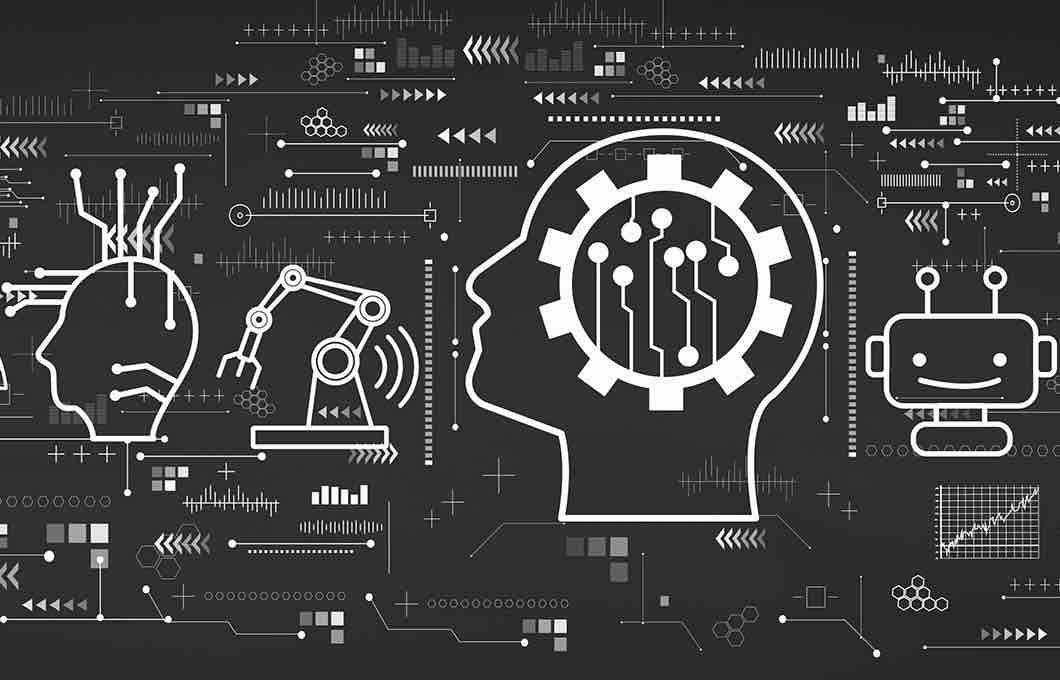Rise by Six: Your Daily Dose of Inspiration
Explore insights and stories that elevate your day.
When Machines Learn to Laugh: The Future of AI Humor
Discover how AI is evolving to master humor and what it means for our future—get ready to laugh with machines like never before!
Can AI Truly Understand Humor? Exploring the Limits of Machine Learning
Artificial intelligence has made remarkable strides in processing and generating human language, yet understanding humor remains one of its most challenging facets. Humor is inherently subjective, often reliant on cultural context, linguistic nuances, and emotional intelligence. For instance, a simple pun can evoke laughter in one context but fall flat in another. While machine learning algorithms can analyze patterns in data and mimic humor, they often struggle to grasp the subtleties that make a joke resonate with different audiences. This limitation raises intriguing questions about the nature of intelligence itself and whether machines can ever genuinely appreciate the intricacies of comedic expression.
Moreover, humor frequently employs elements such as irony, sarcasm, and wordplay, which require not just recognition but also an understanding of social dynamics and emotions. For AI to progress towards truly understanding humor, it must bridge the gap between data-driven responses and the rich, often chaotic tapestry of human experience. As researchers develop more sophisticated models, the future may reveal whether AI can learn to tickle our funny bones or if it remains an eternal spectator, observing the humor of humanity from a distance.

The Evolution of AI Comedy: How Algorithms are Learning to Make Us Laugh
The art of comedy has undergone a significant transformation, and at the forefront of this change is artificial intelligence. AI comedy has evolved from simple joke generators that relied on predefined templates to sophisticated algorithms that analyze vast amounts of data, understand timing, and even grasp human emotions. By leveraging machine learning techniques, these AI systems can now create humor that resonates with audiences, adapting to cultural references and current events, making the jokes more relevant and relatable. As comedians have experimented with AI, we have seen a fusion of traditional comedic styles with innovative technologies, pushing the boundaries of what we consider funny.
Moreover, the evolution of AI in comedy extends beyond just joke creation. AI-driven platforms can now evaluate audience reactions in real-time, allowing for immediate adjustments and fine-tuning of comedic content. This newfound capability has given rise to personalized comedy experiences, where algorithms cater performances to individual preferences and humor styles. As we witness this fascinating intersection of technology and creativity, it becomes evident that algorithms are learning to not only make us laugh but also to enhance the comedic landscape by introducing unique perspectives and unexpected twists that challenge our traditional notions of humor.
What Happens When Machines Start Making Jokes? The Future of AI Humor
As artificial intelligence continues to evolve, the question of what happens when machines start making jokes moves from theoretical musings to practical exploration. AI systems are increasingly being trained on vast datasets that include humor, enabling them to recognize patterns and structures that constitute a good joke. This process raises intriguing questions about the nature of humor itself: Is it simply a linguistic phenomenon, or does it require an understanding of human emotion and social context? As algorithms learn to craft punchlines, we must consider how this might affect our perception of comedy and authenticity.
The future of AI humor could lead to both exciting innovations and ethical dilemmas. For instance, imagine AI-powered comedians performing in stand-up routines, or chatbots that can generate personalized jokes based on individual preferences. However, challenges arise when machines inadvertently perpetuate biases or misunderstand context, leading to inappropriate or offensive humor. As we navigate this new territory, it becomes crucial to examine the implications of AI-driven comedy on human creativity and cultural norms—what happens when machines start making jokes is a question that goes beyond mere entertainment.